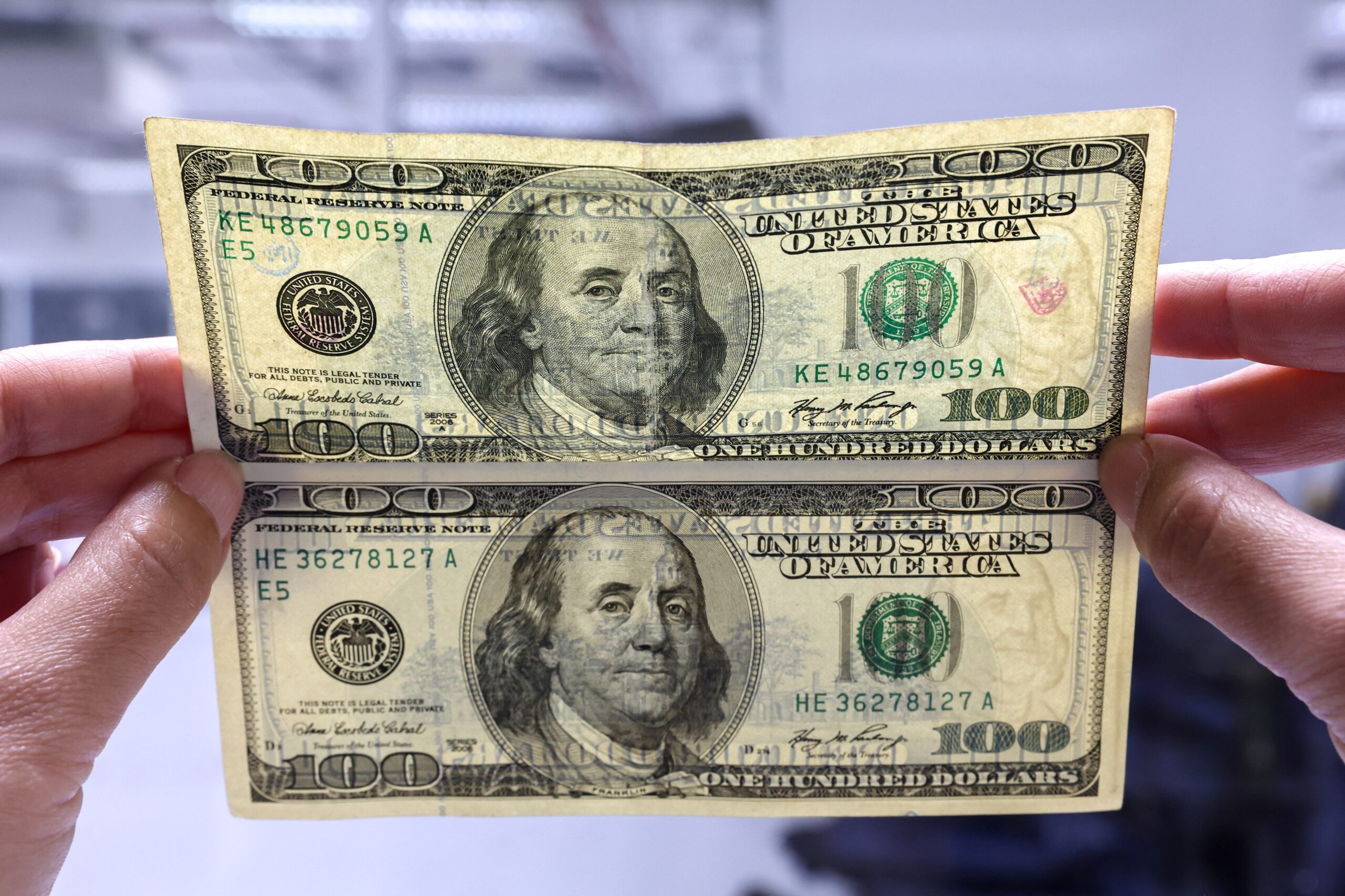Recent comments by former U.S. President Donald Trump suggest that the Russia-Ukraine war could drag on, reigniting global concerns over geopolitical risk. This has triggered volatility in international oil and gold prices, while defense stocks have defied the broader market trend and moved higher. As energy security and military spending come back into focus, investors may want to reassess their portfolios with caution. Keeping a close eye on the upcoming NATO summit and shifts in global policy will be key to navigating the evolving financial landscape.
The British pound has climbed for four straight sessions against the US dollar, bolstered by stronger-than-expected UK inflation data and a shift in market expectations around monetary policy. Sterling briefly touched 1.3430, nearing the key psychological resistance level at 1.3450. As attention turns to upcoming PMI and retail sales figures, traders are closely watching the pound’s next move.
Gold prices surged this week, hitting a high of $3,350 per ounce, driven by both strong technical momentum and supportive fundamentals. With the U.S. dollar weakening, key PMI data on the horizon, and rising geopolitical tensions, the outlook for gold remains bullish. Investors should monitor critical support and breakout levels closely and stay agile in adjusting their strategies.
After Baidu released its Q1 2025 earnings report, the stock briefly dropped to a multi-month low on the Hong Kong exchange. While growth in its AI and cloud businesses was strong, declining advertising revenue and rising R&D expenses weighed on profitability. Investor sentiment remains divided on Baidu’s long-term outlook. Moving forward, investors should closely monitor the company’s progress in AI transformation and the evolving dynamics of U.S.-China relations, both of which could significantly impact Baidu’s stock performance.
The U.S. dollar has fallen for three straight days, as growing concerns over America’s fiscal discipline and the Federal Reserve’s policy direction have pushed investors toward safe-haven assets like gold and the Japanese yen. Rising geopolitical tensions and the upcoming G7 summit have added to the cautious mood in currency markets, making it unlikely that short-term pressure on the dollar will ease anytime soon.
Rising geopolitical tensions in the Middle East have driven West Texas Intermediate (WTI) crude oil prices up by more than 2.5%, pushing past $63 per barrel. Growing concerns over a possible Israeli military strike on Iran’s nuclear facilities have unsettled global energy markets. Analysts warn that any disruption or blockade of the Strait of Hormuz—a critical chokepoint for global oil shipments—could severely impact global oil supply. For a detailed breakdown of the latest crude oil price movements and geopolitical developments, read our full in-depth analysis.





